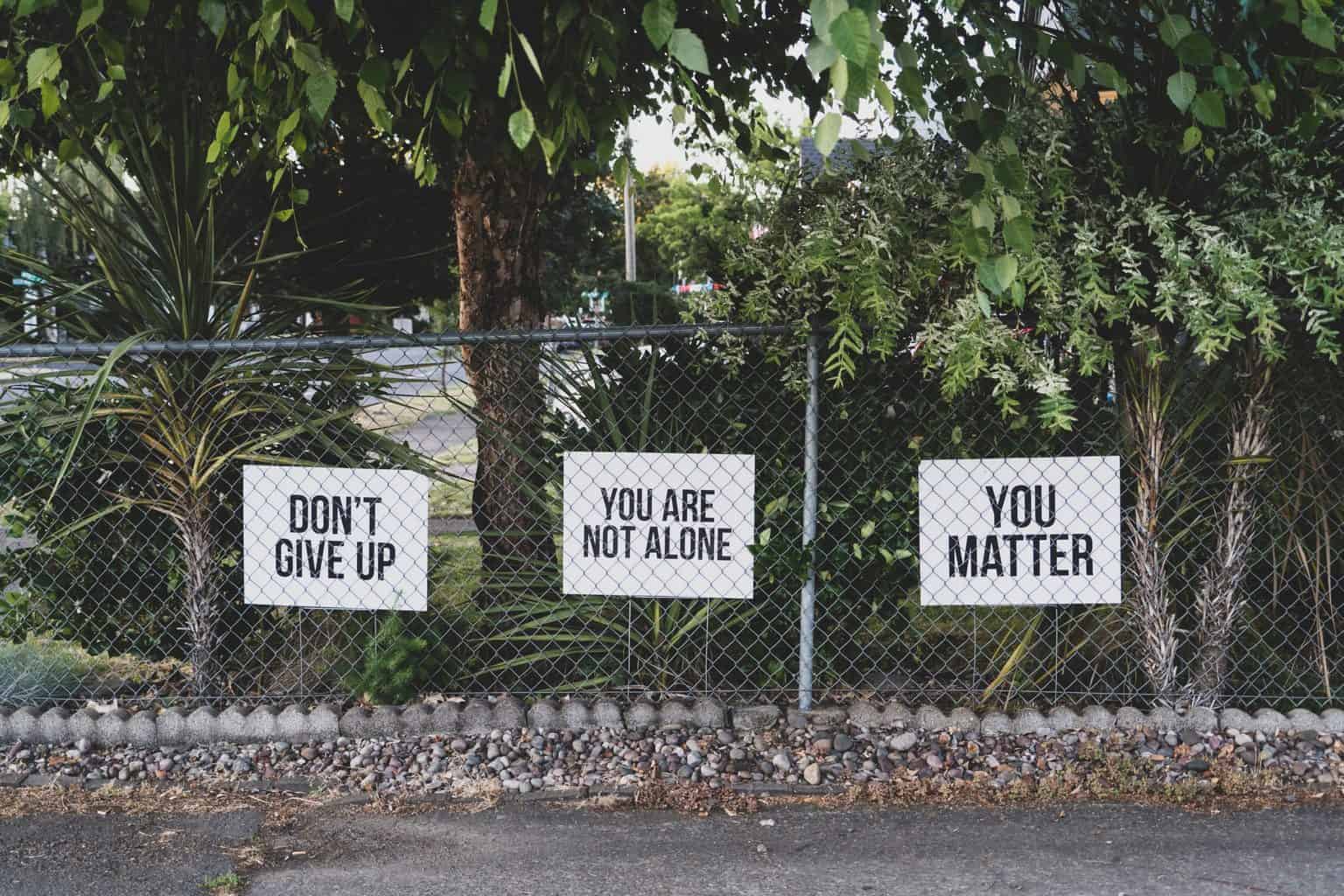So, you have suspected for some time now that you might have some difficulties with anxiety. Now that you have some idea that you have these difficulties, what should you do? The first step to take is to complete some sort of self-assessment that will help aid your decision. Many quality and free, self-assessments can be found online.

Keep in mind that these tests are just another tool in your overall decision-making process. If you feel that you can handle the anxiety that comes your way, there is no need to seek any further help. There are lots of resources at BetterHelp that will allow you to reduce your stress and anxiety and help you to cope.
If like many people, you find that anxiety significantly hampers your day-to-day functioning, and you feel you are unable to cope with the challenges anxiety presents, then seeking further help would be a very good option to explore. Remember, there is no shame in seeking further help; everyone needs the help of other people at one time or another, if not for the entire duration of their lives. Everyone including even the greatest leaders one can imagine – presidents, sports heroes, or other media icons.
The key thing that you must develop is a support network of many different friends. This can be a very daunting challenge for those with social anxiety issues, but it is a challenge that nonetheless must be undertaken. Where do you start? Bars and clubs are not good places; these are social outlets, but they are outlets where people go to “cut loose” and relax. Emotional support will not be found here. If you live in a large enough community, there may very well be free anxiety support groups to attend.
It may be a struggle, but try calling your local library (libraries often serve as meeting places for some support groups), National Alliance for the Mentally Ill (NAMI) branch, or hospital. If one of these options does not work, call a local counsellor; counsellors, if they do not know where the resource can be found themselves, can point you to someone who can find the resource you are looking for. It is important that you understand that some people at these groups have had the exact same struggles that you have had, and therefore they will not be there to “get you,” but rather will have a unique understanding of how to help you. In addition to all of these resources, I have developed the Anxiety Support Network, which is a forum where you can ask questions and be guided along the path to recovery by people who have already walked, and are continuing to walk it themselves.

After locating a base resource such as a support group or website to help you navigate your way, an excellent, but not required, idea is to find a counsellor. Again, remember the golden rule: there is no shame in asking for help. Most people do not ask for help, but those that do never regret the positive changes that asking for help has brought into their lives. Counselling can be tricky because it can be expensive, and many of us cannot afford the high rates.
In this situation, you have a couple of choices: 1) you could contact the local university and see if there are any students or professors there who do pro bono (free) services or 2) locate a sliding-scale counsellor. Often times, counsellors, in general, are very happy to help, so if you call any counsellor, they more than likely would be able to point you to some sort of reduced-rate or sliding-scale type counsellor. The important thing to remember about counselling is that you need to find a counsellor who works well for you. If the counsellor is not working well for you for whatever reason, you have every right to stop seeing that counsellor and find a new one.
Using an anxiety group that meets in person, an online forum such as Anxiety Support Network, and/or a counsellor helps you to set up the foundation for success. These three ingredients help give you the emotional support you need when you have no idea what to do or feel that you cannot go on any longer. Once you have the foundation in place, you can begin to “build the rest of the house.”
In the future, you will have to decide whether or not to use medication. This could be prescribed medication or a botanical derived alternative that can provide similar relief. There is a lot of research that is ongoing into the various types of holistic remedies that can help with anxiety.
Another helpful future step will be to begin to develop your interests and learn how you can incorporate other people into these interests. It is a fact of life that all humans derive satisfaction from having relationships with other humans, although the number of relationships a person desires to have in his or her life is completely up to that person. Having successful and satisfying relationships with other people is an incredibly effective anxiety-reducer.
Finally, no matter how daunting the road may seem, remember that you can do it, and remember that there is help!